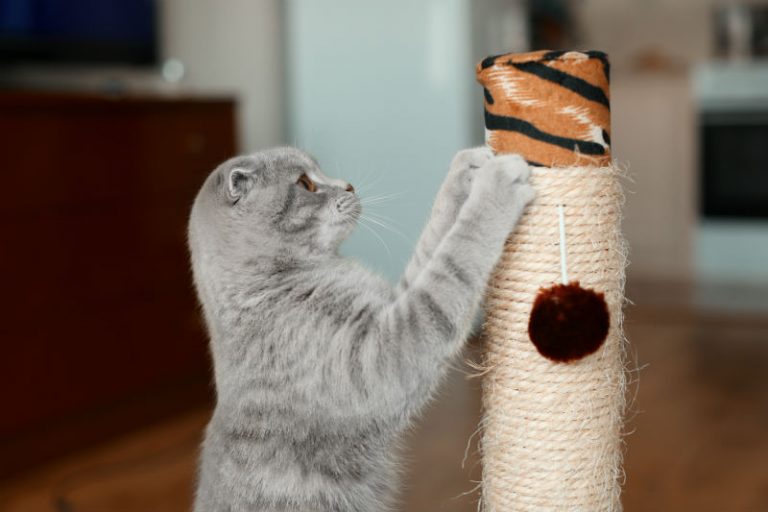
Senior Cat Care
Today there are so many ways that our senior pets can live a longer, healthier and more active life. One of those ways is by keeping up with your pet’s annual health exams to detect early signs of age-related diseases.
Watch for these signs of aging in your pet
| – Less enthusiastic/less willing to play | – Changes in eating habits |
| – Bad breath or drooling | – Drinking and/or urinating more often |
| – New lumps or bumps | – Noticeable weight changes |
| – Restless | – Changes in behaviour |
| – Shaking or tremors | – Trouble climbing stairs/furniture |
| – Disoriented/confused | – Changes to coat |
My senior cat is losing weight, what can I do?
Weight loss in your senior cat requires a visit to our clinic. Please contact us today to make an appointment.
How can I care for my senior cat?
You can care for your senior pet by ensuring their environment is senior friendly. Consider low sided litterboxes and make sure food and water stations are close to sleeping areas. Be aware that stairs may be a problem due to mobility problems. Feeding a high-quality diet with appropriate calorie and protein levels is recommended. Twice yearly physical exam with your cat’s health care team is also important.
What are some common health issues in senior cats?
Common health issues in your cat would include dental disease, weight issues (overweight/underweight), mobility/arthritis, hyperthyroidism and chronic renal disease.

